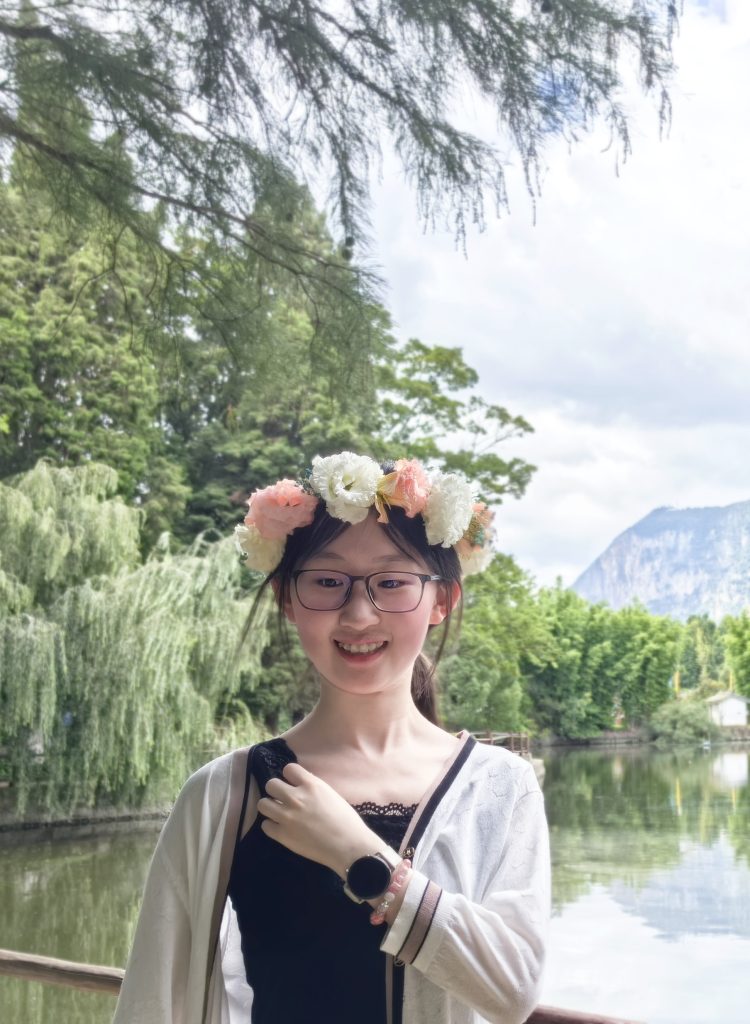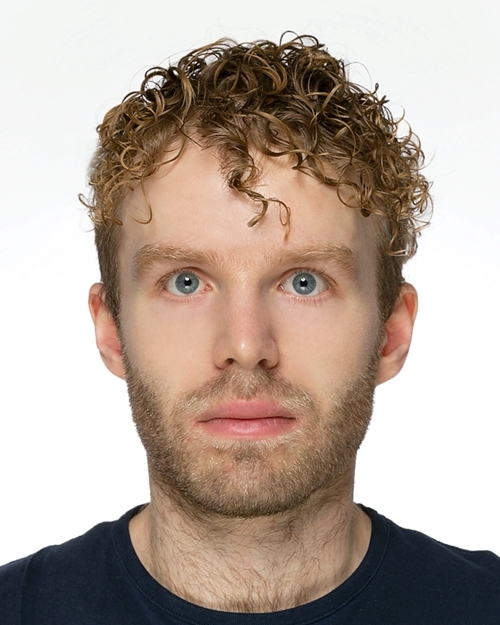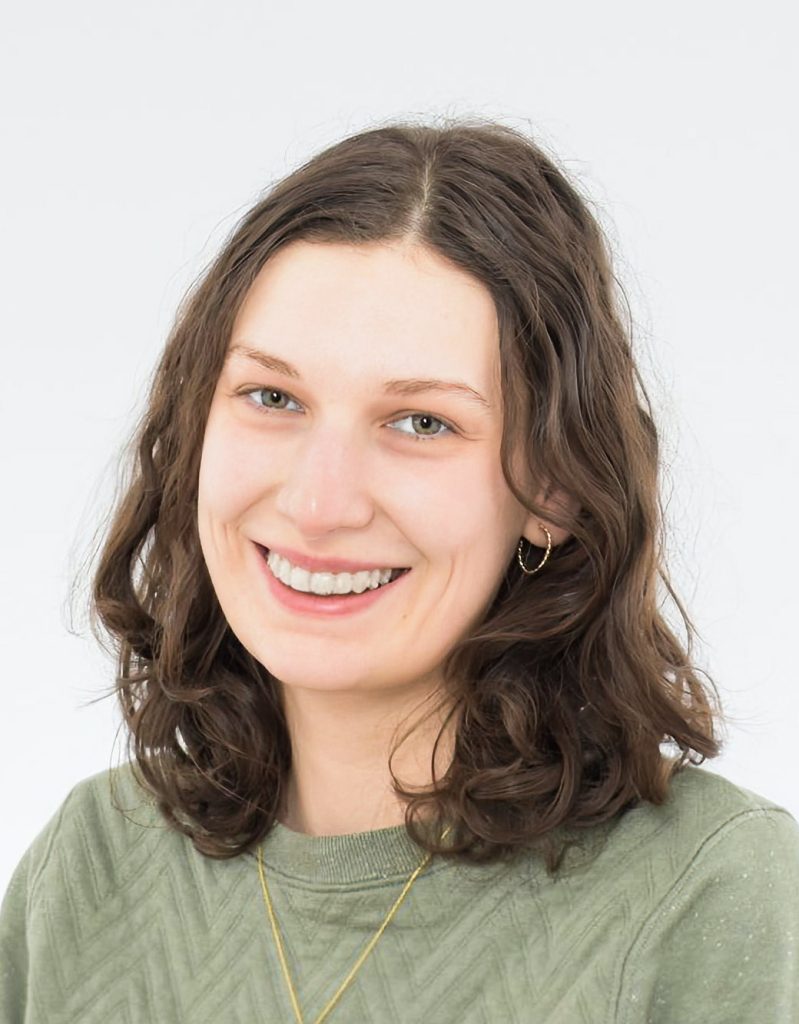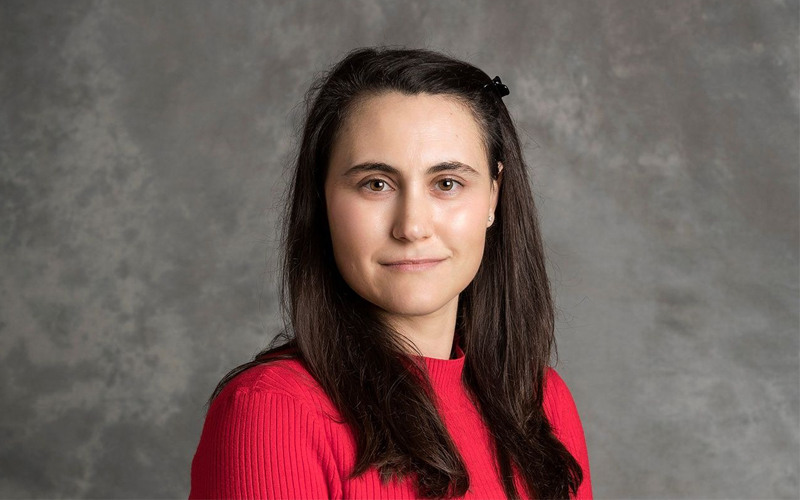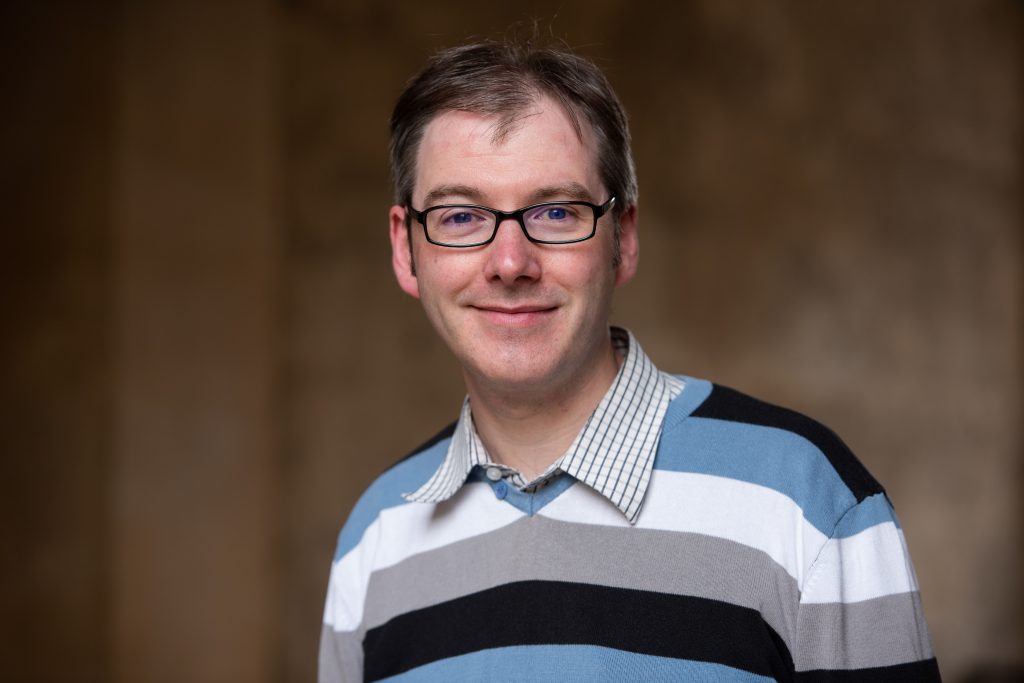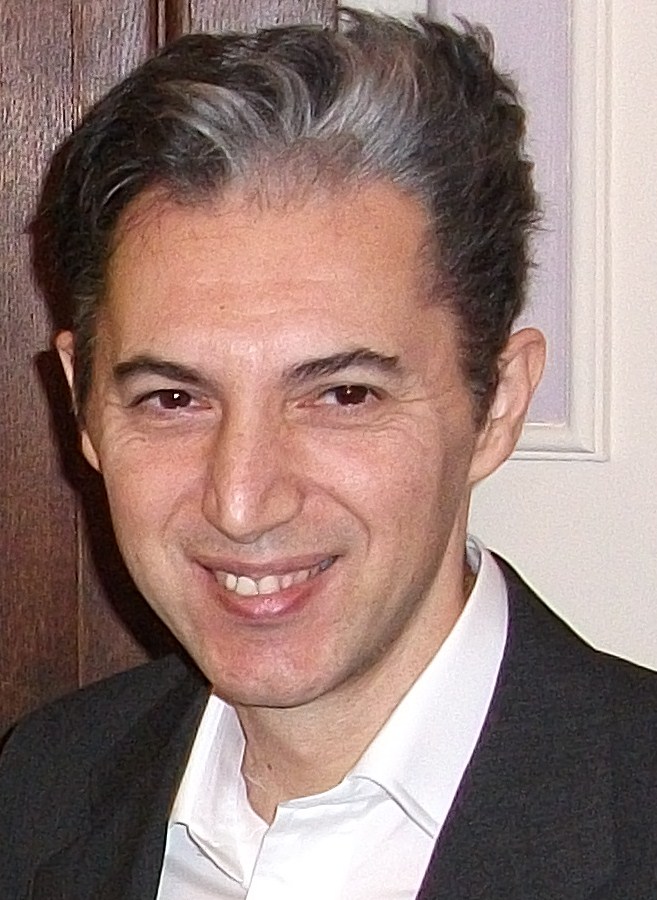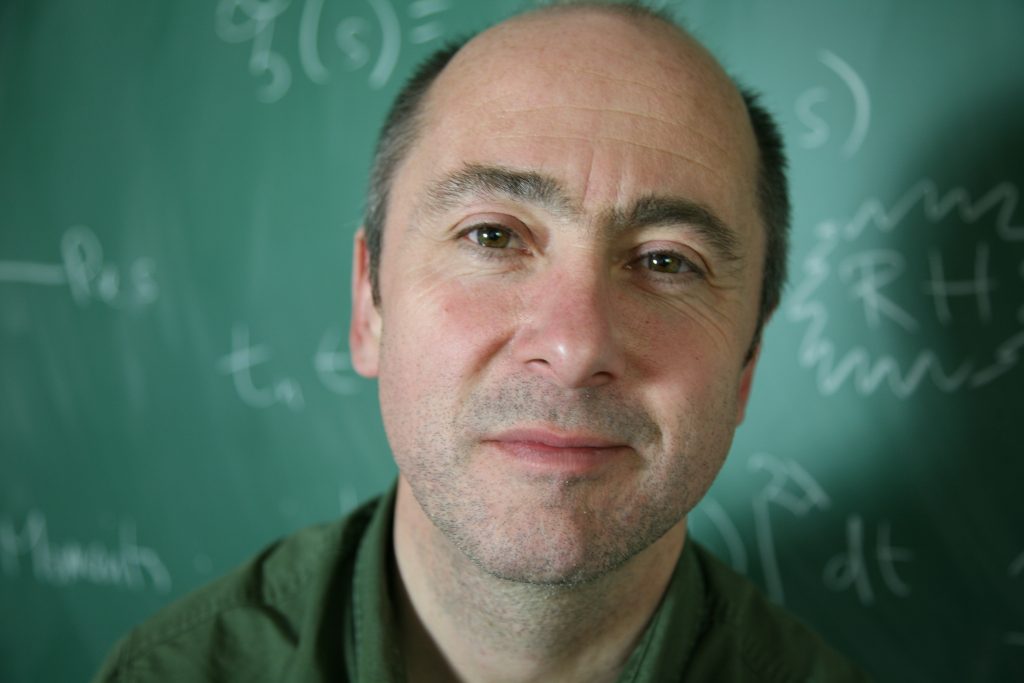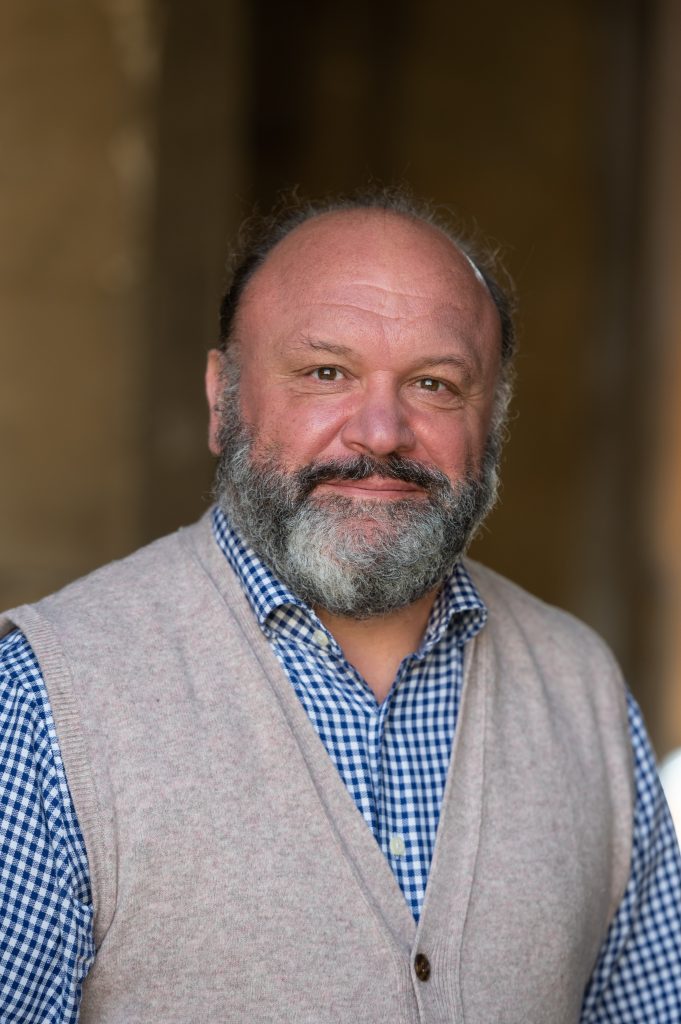About me
Hi, I’m a first-year mathematics student from Shanghai, China. I chose to study math because of my passion for problem-solving and the strong career prospects that a math degree offers.
College experience
My favourite things about Queen’s are the beautiful architecture and the warm, supportive atmosphere among students. One thing that really surprised me was having to move in and out with all my luggage each term 🙂
Oxford life
A typical day starts with morning lectures, often followed by tutorials in the afternoon, where I study in small groups with professors in a 1:2 or 1:3 setting. These sessions are incredibly effective for mastering the course material. I live in an en suite room in Carrodus Quad, which has the added convenience of a small fridge for meal prep. Since the math institute is quite far from my accommodation, I usually cook my lunch in advance, as it can be tight in time to return to College for lunch. In the evenings, I balance my coursework with extra-curriculars—I’m part of Oxbridge Launchpad, where I work on content creation aimed at helping sixth form students and Oxbridge aspirants. The supportive community at Queen’s and the beautiful surroundings make each day rewarding.
Advice for applicants
Start preparing for your admissions test as early as possible. For the interview part, it’s less about finding the right answer and more of demonstrating how you approach problems. And don’t stress too much about the specifics; embrace the experience as a chance to explore ideas with professors who want to see how you think.
